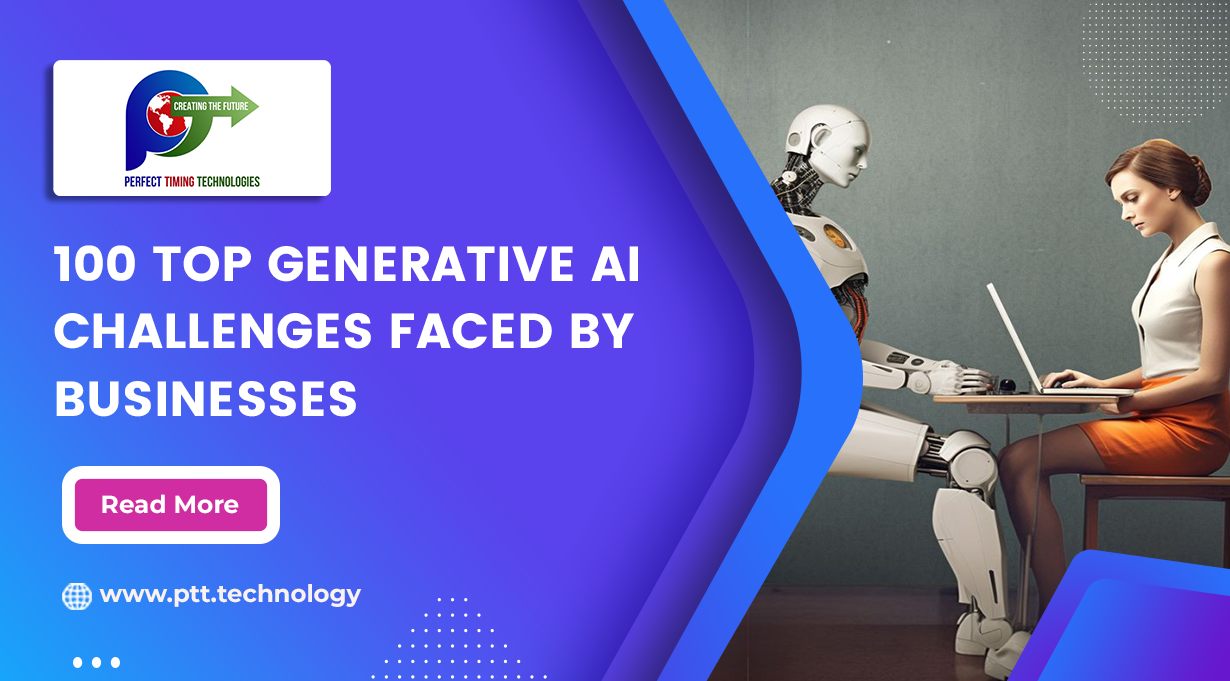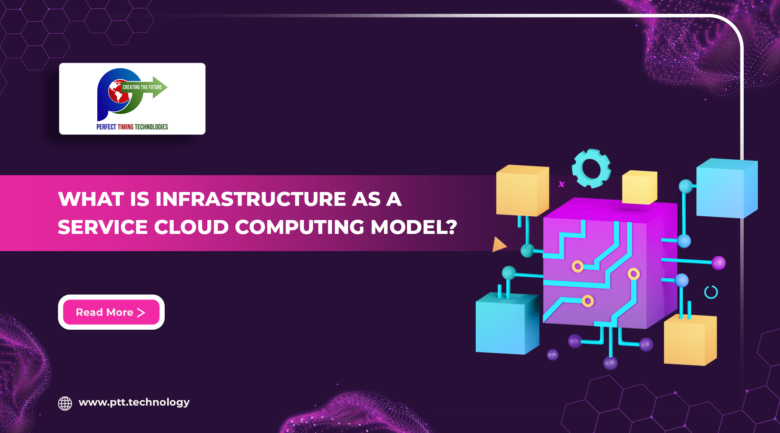
Generative AI models have become mainstream since the invention of 2022’s OpenAI’s ChatGPT and Dall-E 2 and the successors. Adopting these technologies can help modern businesses see a promising future and new capabilities.
These AI tools generate high-quality content for business and individual purposes. However, Generative AI models aren’t flawless and have their pitfalls.
So this article will deal with the top generative AI challenges modern businesses to face.
- Dealing with Technical Complexity: Generative AI models can be complex and hard to interpret. Understanding how the model generates its outputs and being able to explain the decision-making process to stakeholders is crucial for building trust and ensuring compliance with regulations.
- Leaving Legacy Systems: Integrating generative AI models into business workflows and legacy systems can be complex. Ensuring seamless deployment, integration with existing infrastructure, and compatibility with different platforms and frameworks can be challenging for new or small businesses.
- Adding to Technical Debt: If a business fails to adopt a generative AI model, it would add to legacy systems as technical debt. Investing in generative AI models should mean cutting costs on manual support needed at any point. Otherwise, the investment would only add further to technical debt.
- Workforce Restructuring: Generative AI will restructure business operations, thus, raising employment concerns in the organization. The work done manually is automated now to reduce labour costs.
- Potential Misuse: Generative AI can raise ethical concerns, such as the potential for generating fake content or spreading misinformation. Businesses must be mindful of these ethical considerations and implement safeguards to prevent misuse or harmful effects of generative AI systems.
- Legal Concerns: Generative AI can raise legal concerns regarding intellectual property and copyright. Generating content that infringes on copyrights or using protected data without permission can result in legal consequences. Organizations must navigate these legal challenges to ensure compliance and avoid potential litigation.
- Algorithmic Bias: Generative AI models can inadvertently amplify biases in the training data, leading to biased outputs. Identifying and mitigating biases in generative AI models is crucial to ensure fairness and prevent the propagation of discriminatory content or decision-making.
Final Words
There are several challenges that organizations face when implementing generative AI. Addressing these challenges requires technical expertise, domain knowledge, and ethical considerations. Businesses must invest in research, development, and responsible implementation practices to harness the full potential of generative AI while mitigating risks and ensuring positive outcomes.







